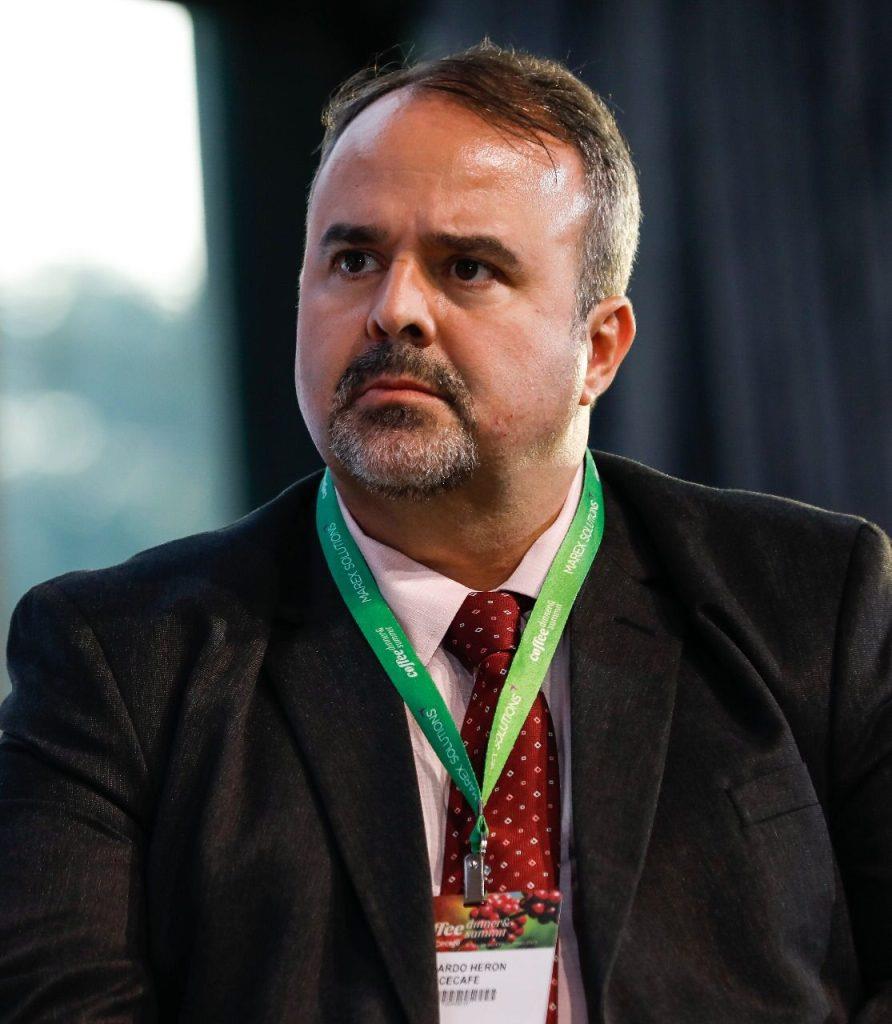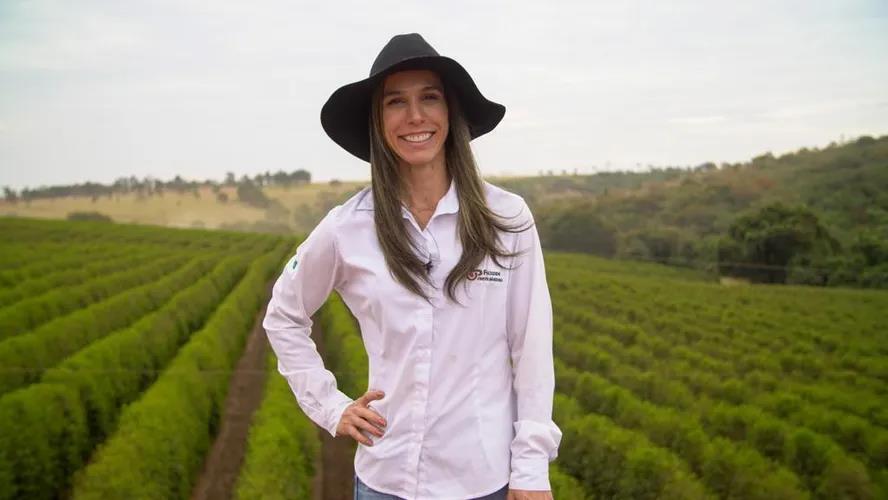
Instant Coffee From Brazil: A Brewing Success
In 2022, Brazil exported nearly 3.8 million 60-kg bags of industrialized coffees. The following year's volume remained high at 3.7 million bags, a highlight being instant coffee, which accounted for 98%, according to exporting group Cecafé.

Eduardo Heron, of Cecafé: Brazil is the top instant coffee exporter
“Brazil is the world's top exporter of instant coffee, and the country's two new processing plants for instant coffee are expected to further push up growth. Brazil has exported an average of 4 million instant coffee bags in the past few years,” explains Cecafé technical director Eduardo Heron.
At first, Brazilian instant coffee used to be exported under private labels like well-known brand Pelé. But over time, the Latin American country has specialized in supplying raw materials for other countries' local brands to sell.
“Once you have local industrial plants taking care of packaging and distribution, it becomes more feasible for Brazil to sell without a label. This transition happened around the 1990's and 2000s,” said Brazilian Instant Coffee Industry Association (ABICS) institutional relations director Aguinaldo Lima.
“We hardly ever export instant coffee under Brazilian brands. I'd say branded coffee accounts for roughly 5% of our total instant coffee exports.”

Aguinaldo Lima, of ABICS: Brazil supplies instant coffee to Arabs
Approximately 120 countries appear on the list of importing instant coffee from Brazil. With 16 countries in the buyers ranking, the Arab market stands out as one of the South American giant's oldest trade partners. Loyal customers since the 60s, these nations by 60,000 bags a year.
“Brazil is greatly relevant in this instant coffee market with traditional buyers like Saudi Arabia and Lebanon . The United Arab Emirates has also become a leading buyer, as it is a distribution hub to other countries,” explains Lima.
Out of Brazil's total instant coffee production, 80% is exported, and 20% caters to the domestic market. According to Cecafé, the country consumes approximately 1 million bags of instant coffee annually.
“In Brazil, instant coffee consumption is still low, around 6% of the total, but since 2016 this number has grown. This shows that consumers are experiencing a renewed appreciation of instant coffee. As we ranked as a world's leading coffee consumer, we have a major opportunity to broaden instant coffee consumption around here,” says ABICS's institutional relations director.
Million bags exportedWith positive figures year after year, Brazil reached record-high overall coffee exports in the 2023-24 crop season, at 47.3 million bags, up 33% from the 2022-23 crop season and 4% from the previous record high in 2020-21, according to Cecafé.
Brazil, whose soil and climate are ideal for coffee growing, exports a bit more than 60% of total production. The top spot in the list of leading buyers is held by the United States, followed by Germany, Belgum, Italy and Japan. China ranks seventh, seeing the highest growth in its purchases of the Brazilian in the 2023-24 crop season.
The Brazilian product stands out for a diverse range of traits and origins – being produced across 36 regions in the country – and sustainability, Heron says.“Our coffees' diversity in traits allow the country to cater to the most diverse, most demanding global markets, ranking as the top supplier to leading consumer countries and making up blends around the world.”
Green coffee: The top exportGreen coffee, the most produced and exported coffee from Brazil, has retained the same level of exports in the past two years, at 35.6 million bags in 2022 and 35.5 million bags in 2023.
It is divided into two variety, robusta and arabica. For it to grow and thrive, it has to be under favorable climate conditions.
Robusta coffee has become highly popular for its conilon variety. According to Juliana Rezende Mello, coffee grower and founder of MonCerrado Cafés, it has an ideal to place to grow – close to the sea and at lower altitudes like in Brazil's Amazonas state.
As for arabica, it requires higher altitudes to thrive, so it does well on the soil of Minas Gerais state.“For the coffee to grow, it requires a good microbiome that's colder and rainier. It starts developing around May and is harvested from September to November,” says Mello.
A MonCerrado cup of coffeeMonCerrado is one of the many brands selling both green and roasted coffee in Brazil, having grown its cherries at the Santa Bárbara farm in Monte Carmelo, Minas Gerais, since 2015.

Mello invests in sustainability to produce the MonCerrado coffees in Minas Gerais
“My background is in pharmacy, so it was a major challenge to learn about coffee, its specificities, the time of planting, the procedures that should be followed for it to arrive to the cup. Over time, I managed to deliver products that have the same flavor and quality,” says Mello.
Founder of the brand, she invested in alternatives to sustainably boost her coffees' productivity. First, she chooses a genetically modified varietal that that is then planted, and after the plants have grown, seeds are collected.
Following this process, the cherries go under a specific drying process to increase the quality of the beverage, then they're roasted and package for selling.
Besides the domestic market, with sales to states of São Paulo, Paraná, Minas Gerais, Rio de Janeiro, Tocantins, and Goiás, the company has exported its green coffee to Europe and is interested in exporting to Arab countries, too.
“For most exports, I was aided by a local cooperative. We want to export to more countries, including the Arabs, but we're now investing in obtaining more international certificates. As I don't know much about the Arab market, I'd need help understanding their needs,” said Mello.
Read more:
Brazil's Fazenda Barinas exports 80% of coffee production
Report by Rebecca Vettore, in collaboration with ANBA
Translated by Guilherme Miranda
©Lino Mirgeler/DPA Picture Alliance/AFPSupplied/CecaféSupplied/ABICSSupplied/MonCerradoThe post Instant coffee from Brazil: A brewing success appeared first on ANBA News Agency .
.jpg)
Legal Disclaimer:
MENAFN provides the
information “as is” without warranty of any kind. We do not accept
any responsibility or liability for the accuracy, content, images,
videos, licenses, completeness, legality, or reliability of the information
contained in this article. If you have any complaints or copyright
issues related to this article, kindly contact the provider above.
















Comments
No comment